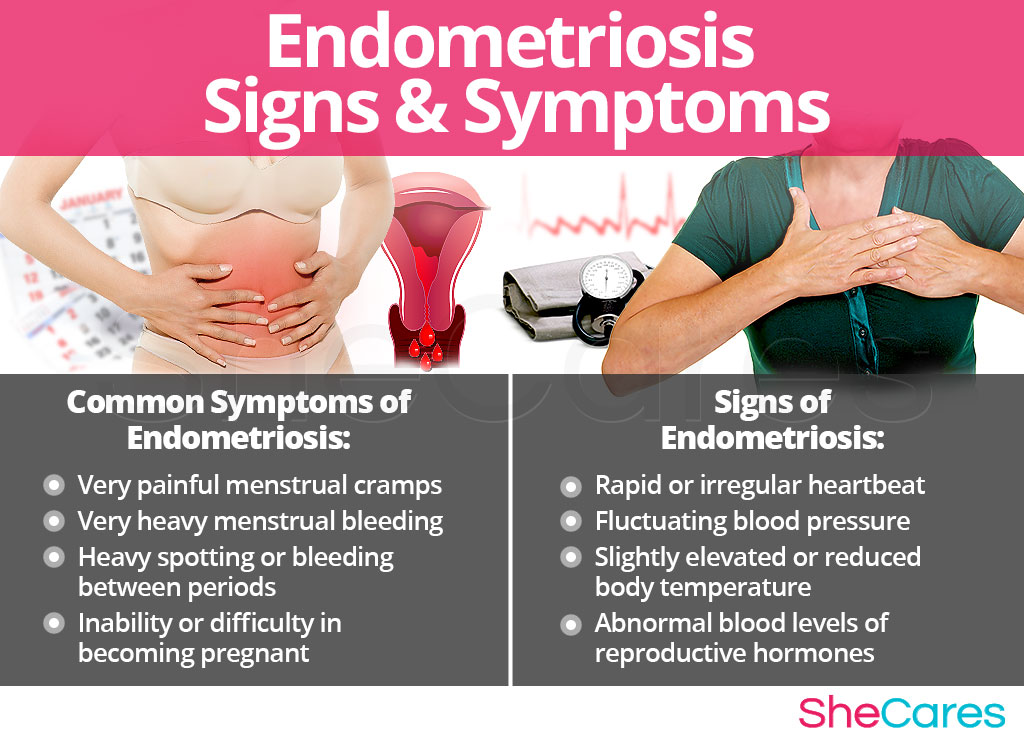how do you know if you have pcos or endometriosis Endometriosis, pcos or both: how do you know?
Endometriosis and Polycystic Ovary Syndrome (PCOS) are two common gynecological conditions that many women across the globe face. Both of these conditions can cause various symptoms and have an impact on a woman’s reproductive health and overall well-being. Recognizing the signs and symptoms of endometriosis and PCOS is crucial for timely diagnosis and effective management of these conditions.
Understanding Endometriosis
 Endometriosis occurs when the tissue that normally lines the inside of the uterus starts growing outside the uterus. This tissue can be found on the ovaries, fallopian tubes, and other pelvic organs. The exact cause of endometriosis is still unknown, but several theories suggest genetic factors, hormonal imbalances, and immune system disorders may play a role.
Endometriosis occurs when the tissue that normally lines the inside of the uterus starts growing outside the uterus. This tissue can be found on the ovaries, fallopian tubes, and other pelvic organs. The exact cause of endometriosis is still unknown, but several theories suggest genetic factors, hormonal imbalances, and immune system disorders may play a role.
Women with endometriosis often experience symptoms such as severe menstrual cramps, chronic pelvic pain, heavy or irregular periods, pain during intercourse, and even fertility issues. It is important to note that the severity of symptoms can vary greatly from person to person.
Understanding PCOS
 Polycystic Ovary Syndrome, commonly known as PCOS, is a hormonal disorder that affects women of reproductive age. It is characterized by the presence of cysts on the ovaries, irregular menstrual cycles, and excessive production of male hormones like testosterone. The exact cause of PCOS is not fully understood, but genetics and hormonal imbalances are believed to play a significant role.
Polycystic Ovary Syndrome, commonly known as PCOS, is a hormonal disorder that affects women of reproductive age. It is characterized by the presence of cysts on the ovaries, irregular menstrual cycles, and excessive production of male hormones like testosterone. The exact cause of PCOS is not fully understood, but genetics and hormonal imbalances are believed to play a significant role.
Women with PCOS may experience symptoms such as irregular or absent periods, excessive hair growth on the face and body, acne, weight gain, and infertility. It is important to note that not all women with PCOS will have polycystic ovaries, and the symptoms can vary widely.
Recognizing the Differences
While both endometriosis and PCOS share some common symptoms, there are key differences that can help in distinguishing between the two conditions. Understanding these differences is essential for accurate diagnosis and appropriate treatment.
One of the primary differences is the location of the symptoms. Endometriosis primarily causes pelvic pain and discomfort related to the growth of endometrial tissue outside the uterus. On the other hand, PCOS primarily affects the hormonal balance and can result in irregular periods, excessive hair growth, and weight gain.
Another difference lies in the fertility aspects. While both conditions can impact fertility, endometriosis tends to cause more significant fertility issues due to the presence of scar tissue and adhesions. PCOS, on the other hand, can lead to irregular ovulation and hormonal imbalances, affecting fertility to a varying degree.
Consulting a Healthcare Professional
If you suspect that you may be experiencing symptoms related to endometriosis or PCOS, it is crucial to consult a healthcare professional. They can evaluate your symptoms, perform necessary tests, and provide a proper diagnosis.
Remember, self-diagnosis is not recommended, as the symptoms of these conditions can overlap with other gynecological disorders. A healthcare professional will be able to help you differentiate between the various possibilities and create a personalized treatment plan tailored to your specific needs.
Additionally, seeking support from healthcare professionals can also provide you with valuable resources and information to manage the symptoms and improve your overall well-being. Remember, you are not alone in this journey, and there are medical professionals and support groups available to assist you.
In conclusion, differentiating between endometriosis and PCOS is vital for accurate diagnosis and effective management. Both conditions can significantly impact a woman’s quality of life and reproductive health. If you suspect you may be experiencing symptoms related to either of these conditions, do not hesitate to reach out to a healthcare professional for guidance and support.
If you are looking for Endometriosis, PCOS or Both: How do you know? – PCOS Oracle you’ve came to the right page. We have 5 Images about Endometriosis, PCOS or Both: How do you know? – PCOS Oracle like Endometriosis, PCOS or Both: How do you know? | Pcos, Endometriosis, Stella Dimoko Korkus.com: Living With Endometriosis Or Taking Off and also Endometriosis, PCOS or Both: How do you know? | Pcos, Endometriosis. Read more:
Endometriosis, PCOS Or Both: How Do You Know? – PCOS Oracle
 www.pcosoracle.compcos endometriosis understand make both know difficult however complexity finding conditions common female easy information their two so
www.pcosoracle.compcos endometriosis understand make both know difficult however complexity finding conditions common female easy information their two so
Pin On Living With Endometriosis, Interstitial Cystitis, IBS-C And
 www.pinterest.comendometriosis ibs pcos cystitis interstitial kidney
www.pinterest.comendometriosis ibs pcos cystitis interstitial kidney
Endometriosis, PCOS Or Both: How Do You Know? | Pcos, Endometriosis
 www.pinterest.comendometriosis pcos pcosoracle
www.pinterest.comendometriosis pcos pcosoracle
Stella Dimoko Korkus.com: Living With Endometriosis Or Taking Off
 www.stelladimokokorkus.comendometriosis shecares periods imbalance pelvic menstrual hormonal cyst ovarian fibroids pcos painful endo symptom
www.stelladimokokorkus.comendometriosis shecares periods imbalance pelvic menstrual hormonal cyst ovarian fibroids pcos painful endo symptom
Endometriosis, PCOS Or Both: How Do You Know? – PCOS Oracle
 www.pcosoracle.compcos endometriosis
www.pcosoracle.compcos endometriosis
Endometriosis shecares periods imbalance pelvic menstrual hormonal cyst ovarian fibroids pcos painful endo symptom. Endometriosis pcos pcosoracle. Endometriosis ibs pcos cystitis interstitial kidney